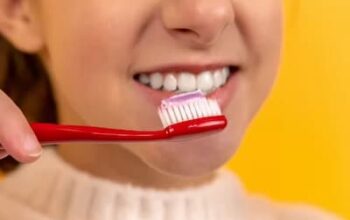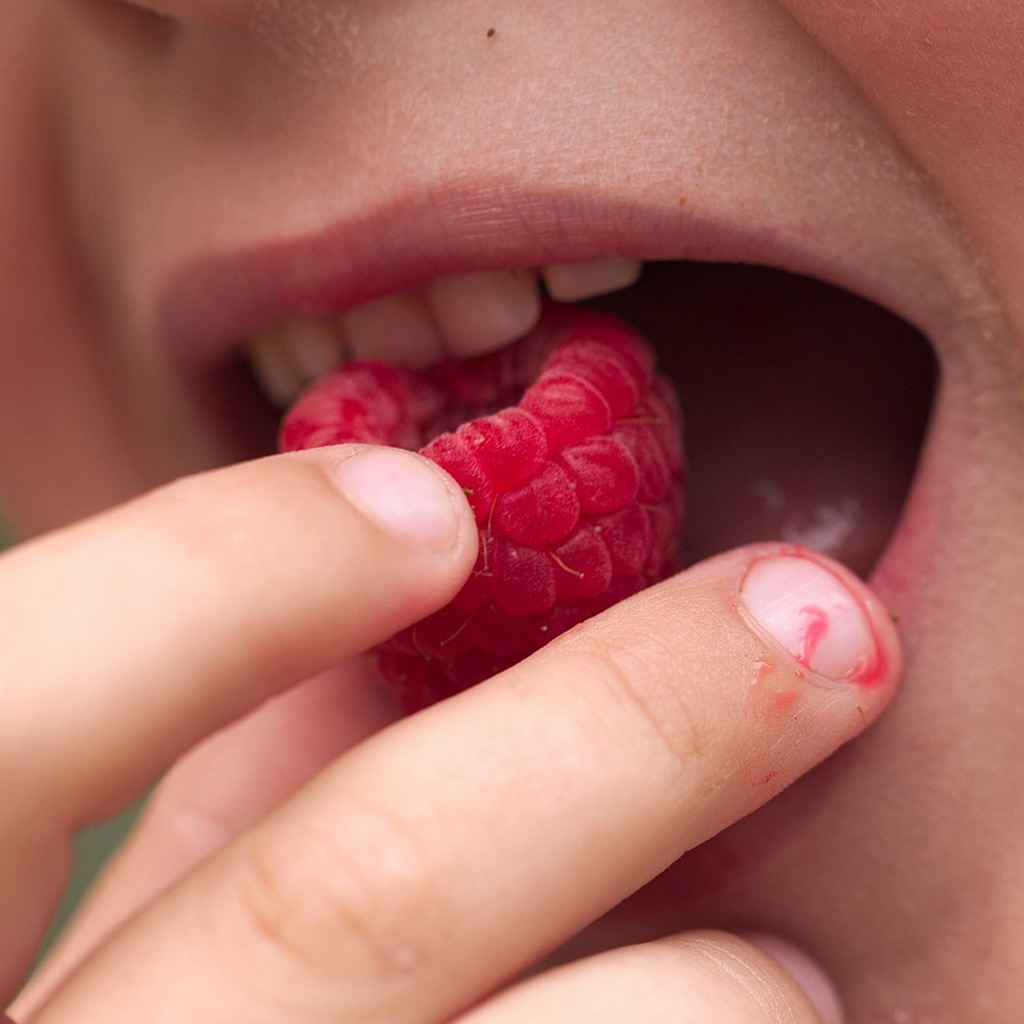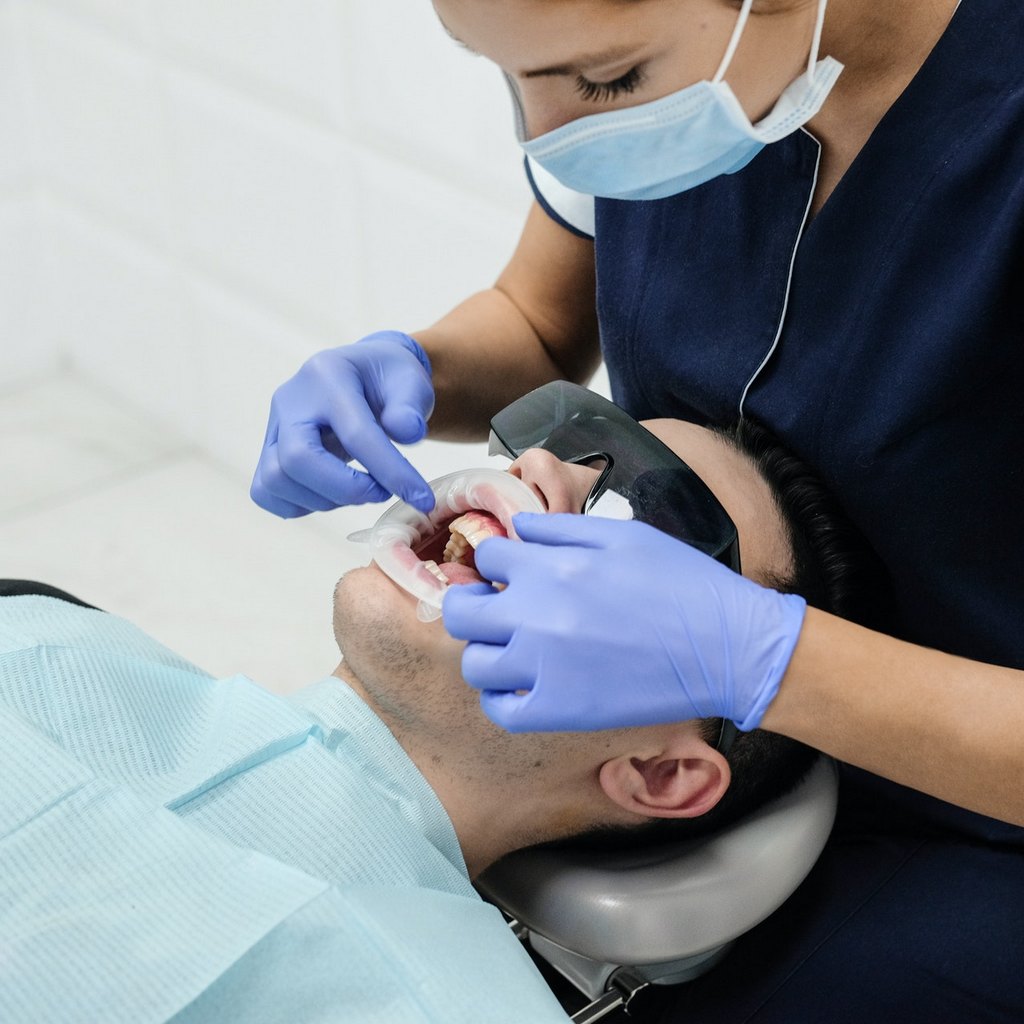Your oral health is important to your overall health, so it’s important to understand what can cause poor oral health. There are many things that can contribute to poor oral health, including diet, tobacco use, and certain medical conditions. Poor oral hygiene can also lead to poor oral health. Keep reading to learn more about the causes of poor oral health and how you can improve your own oral hygiene habits.
Poor oral health is often caused by a lack of proper dental care
Poor oral health is a significant public health issue that can cause physical and emotional consequences including difficulty speaking, an effect on self-confidence, and even increased risk of serious diseases. One major contributor to poor oral health is an insufficient level of proper dental care. Inadequate brushing and flossing, incorrect technique for brushing and flossing, lack of regular checkups with a dentist, diets high in sugar and carbs without sufficient water or fiber intake; all of these often lead to problems such as gum disease, cavities, tooth decay, bad breath, stained teeth and more. Proper dental care should be part of everyone’s healthcare routine – brushing and flossing twice daily in order to remove plaque build-up; scheduling one or two check-ups per year with a highly trained professional; proper diet choices focused on healthy foods; these are all important elements to ensure better overall oral health.
Poor oral health can also be caused by poor diet and nutrition
Poor diet and nutrition are not only associated with physical health risks, research has shown that it can also significantly contribute to poor oral health. A research paper published by the American Dental Association reviewed research from past studies and found that nutritional deficiencies can lead to severe dental problems such as periodontal diseases, caries, and enamel hypoplasia. Additionally, the paper noted that diets high in sugar and processed carbohydrates can create a conducive environment for harmful bacteria to form on teeth which can further exacerbate any existing oral health issues caused by poor nutrition. The research concluded with proposed guidelines for medical and dental professionals to help effectively address patient’s nutrition-related risk factors for poor oral hygiene.
Other factors that can contribute to poor oral health include smoking, alcohol consumption, and drug use
Poor oral health can be caused by a variety of factors, including smoking, high alcohol consumption, and drug use. Smoking cigarettes, cigars, or pipes causes staining of the teeth and tongue, bad breath, and an increased risk of gum disease. Regular drinking over long periods of time can wear away tooth enamel and lead to inferior oral health. Lastly, drugs like methamphetamine have been found to damage saliva production which leads to a decrease in saliva production. In other words, reducing those vices could go a long way towards improving one’s oral hygiene. However, habits like brushing twice daily and flossing are still essential for maintaining optimum dental health.
If you have poor oral health, it is important to see a dentist so that they can treat any existing problems and help you prevent future ones
Good oral health is essential for optimizing your overall wellness. Poor oral health can lead to a variety of uncomfortable and inconvenient issues, such as infection, inflammation, bad breath and difficulty eating. Therefore, it is important to visit the dentist regularly, even if you do not currently have any dental problems. During your visit, the dentist can look for any possible problems that may be present and develop a treatment plan so that these issues can be resolved quickly. Furthermore, they can provide advice on how to properly care for your teeth in order to prevent future oral healthcare issues from arising. Taking the grade to see a dentist regularly is an investment in both your long-term comfort and peace of mind.
There are many things you can do at home to improve your oral health, including brushing and flossing regularly, eating a healthy diet, and avoiding tobacco products
Taking easy steps to keep your mouth in top condition does not need to require a lot of time or effort. Brushing and flossing everyday removes plaque, which is the leading cause of tooth decay, cavities and gum disease. Eating a healthy diet including calcium-rich foods promotes strong teeth and avoiding sugary snacks helps prevent cavities. Finally, smoking or using any kind of tobacco products can cause serious oral health problems like bad breath, periodontal disease, dental stains and increased risk of oral cancer – it is also a good idea to stay away from these products! All together, these measures are easy ways to improve your Oral Health while you’re still able to stay safe at home.
Proper dental care is essential for maintaining good oral health, but it is also important to eat a healthy diet and avoid tobacco products. If you have poor oral health, see a dentist so they can help you prevent future problems. There are many things you can do at home to improve your oral health, including brushing and flossing regularly, eating a healthy diet, and avoiding tobacco products.








